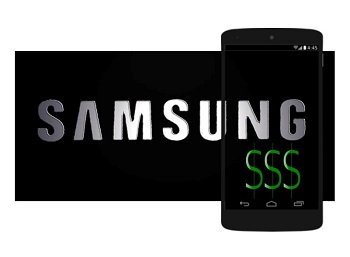This mobile wallet has now made its way Down Under and aims to replace cash and train tickets.
In the competitive world of mobile payments, the Samsung Pay app has now launched in a new market. Australians have another mobile wallet choice in this area where there are many rivals but where adoption is scarce.
Mobile wallet apps have not been taking off at the rate expected by many of the companies behind them.
The Samsung Pay app was launched as a result of a partnership with both Citibank and American Express. The goal is to be the first contactless mobile payments platform to truly take off in the country.
Australians who use Samsung smartphones can pay at contactless terminals through those mobile devices. They simply need to download the mobile wallet and connect it with an American Express or Citibank card. That said, they cannot use Citibank and Amex branded cards from other banks with this mobile application.
The Samsung Pay app lets consumers complete payment transactions through tap and pay terminals.
 This has made Australia the fifth market to be able to use Samsung Pay. Before Australia, the countries using this mobile app have been: Korea, the United States, China and Spain. That said, Singapore followed closely on its heels, having launched only days later.
This has made Australia the fifth market to be able to use Samsung Pay. Before Australia, the countries using this mobile app have been: Korea, the United States, China and Spain. That said, Singapore followed closely on its heels, having launched only days later.
Samsung Pay will function on any Galaxy smartphone, provided it has at least Android 6.0 Marshmallow or higher. Its interface is designed to be simple and straightforward with a swipe to pay format. Samsung claims this makes it just as easy to pay with a smartphone as it is with a card. In fact, the company said it might be even easier for some.
The Korean consumer electronics company also identified four secure steps that are taken to complete every Samsung Pay app transaction:
• Open payments by swiping up from the home screen
• Select the desired card
• Place your finger on the home button so you can verify your fingerprint
• Tap the smartphone against a contactless terminal
The mobile payments system uses tokenization to make certain that card details remain private. They are never shared with the merchant.

